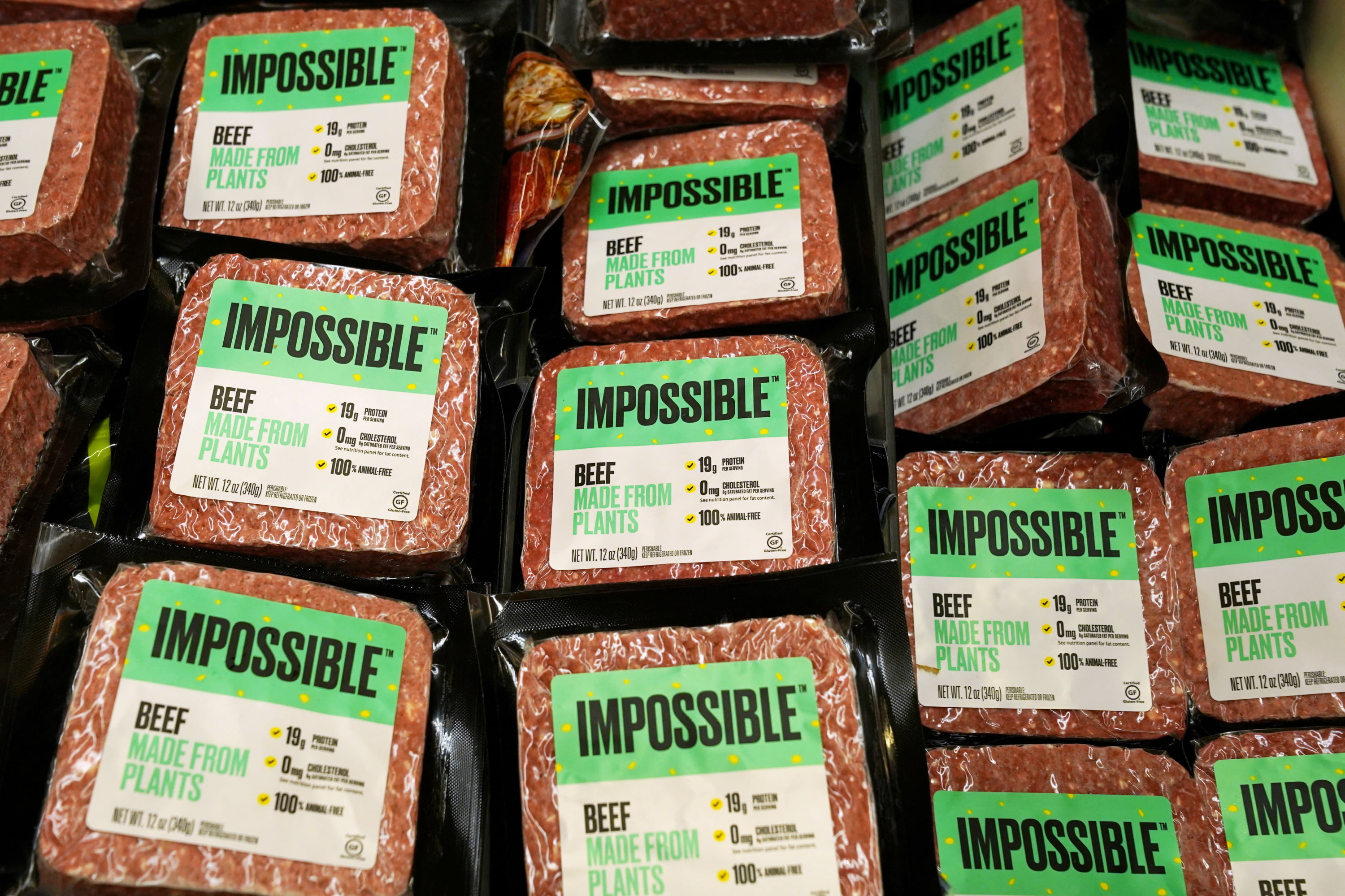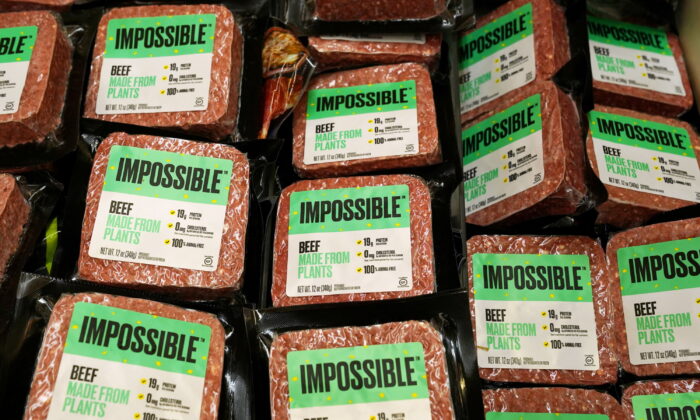
Plant-Based Meat Sales Surge in Australia
Australia’s plant-based meat sales saw a significant increase of 47 percent, with per capita consumption rising by 28 percent between 2020 and 2024, according to Food Frontier’s State of the Industry report.
The report analyzed the current state of the plant-based meat manufacturing industry, highlighting its economic impact and future prospects.
Last year, total plant-based meat sales in Australia reached $272.5 million (US$178.94 million), with a compound average growth rate (CAGR) of 14 percent since the 2020 financial year, as reported by Deloitte Access Economics.
The plant-based meat industry contributed $45.8 million to the Australian economy and created 477 full-time equivalent jobs, with the highest contributions seen in New South Wales ($21 million), Queensland ($12 million), and Victoria ($10.9 million).
While foodservice sales to the hospitality industry experienced a significant growth rate of 59 percent since 2020, retail sales suffered a 1 percent contraction due to rising living costs and inflation affecting premium and discretionary food products.
Food Frontier CEO Simon Eassom highlighted that some plant-based products failed to meet consumer taste expectations, coupled with a higher price point compared to traditional counterparts, leading to a decline in repeat purchases.
Despite inflation, the average price premium for plant-based meat products decreased from 49 percent in 2020 to 33 percent in 2023, narrowing the price gap against conventional meat products.
Deloitte Access Economics projected a market size of $1.65 billion by 2033, with an expected total value-added of $582 million and over 6,000 jobs created. Per capita plant-based meat consumption is forecasted to increase fivefold to $54.8 million annually, equivalent to 1.6 kilograms of plant-based meat, with an annual production of 25,449 tonnes.
Mr. Eassom emphasized the importance of expanding plant-based meat manufacturers into new foodservice outlets to drive industry growth.
Aussie Plant Based Co. CEO Alejandro Cancino echoed these sentiments, stating that as plant-based meat production advances, efficiency will improve, allowing it to compete in the mass market food industry.
However, concerns about high sodium content in plant-based meat products persist. Researchers from Deakin University found varying levels of sodium, with some products containing as much as 2,000 milligrams per 100 grams.
Despite these health concerns, plant-based meat remains a popular and growing segment of the food industry in Australia, with a focus on improving taste, affordability, and nutritional value for consumers.






